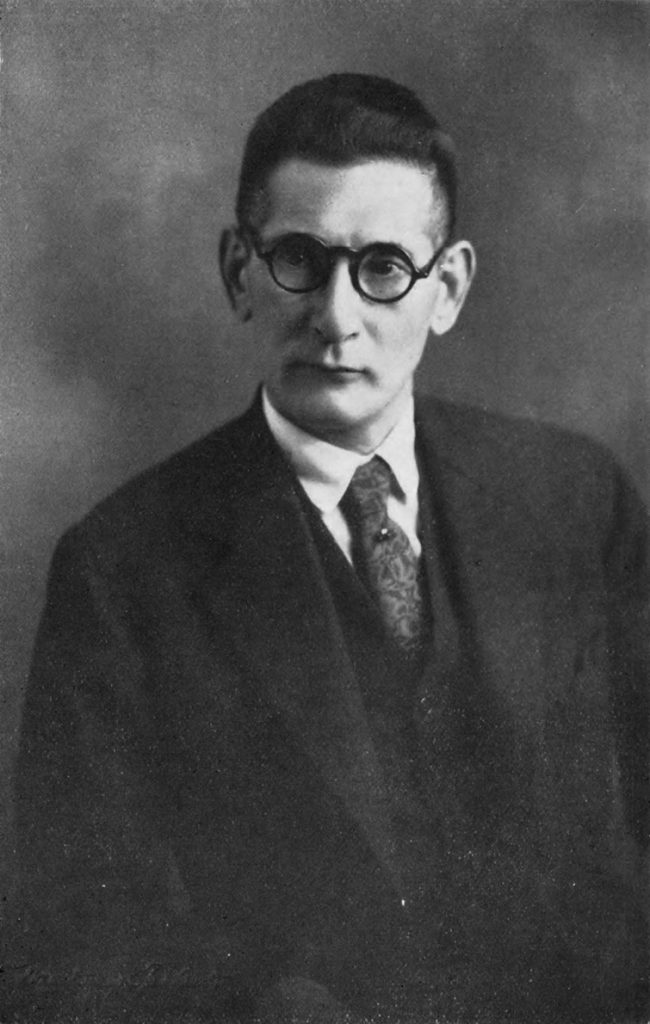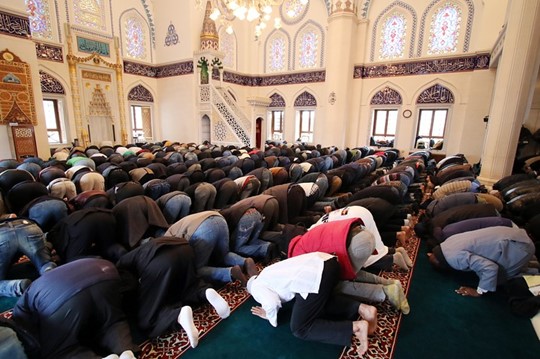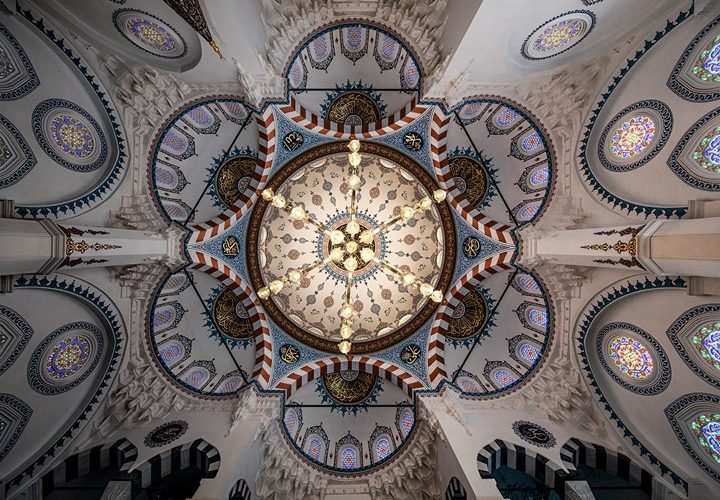
By Salah Aldin Falioun
Islam in Japan tends to be thought of as a newly introduced alien culture with little to zero connection to the history of Japan.
It is portrayed as a foreigner culture typically related to immigrants and workers that are coming from Muslim countries, especially Asian Muslim countries.
To the readers’ surprise and mine, resources suggest that Islam has been in Japan for at least 125 years so far, with native Japanese Muslims that date back to the late 19th century!
When did this journey begin? And how Islam was introduced to Japan?
Early contacts
There are isolated records of contact between Islam and Japan before the opening of the country in 1853, possibly as early as the 1700s; some Muslims did arrive in earlier centuries, although these were isolated incidents.

The Early European accounts of Muslims and their contact with Japan were maintained by Portuguese sailors who mention a passenger aboard their ship, an Arab who had preached Islam to the people of Japan. He had sailed to the islands in Malacca in 1555.
The first modern Muslim contacts were with Indonesians who served aboard British and Dutch ships in the late 19th century.
Ottoman Empire and Japan
With the beginning of the era of Japanese Renaissance, known as the era of Meiji, started in 1868, only two countries in Asia enjoyed independence, namely the Ottoman Empire and Japan. As they both came under pressure from Western countries, they decided to establish friendly relations between them and consequently they started to exchange visits.

In 1890 when Sultan and Caliph Abdul Hamid II of the Ottoman Empire dispatched a naval vessel to Japan for the purpose of saluting the visit of Japanese Prince Komatsu Akihito to the capital of Constantinople several years earlier. This frigate was called the Ertugrul, and was destroyed in a storm on the way back along the coast of Wakayama Prefecture on September 16, 1890. a fierce hurricane fell on the ship while it was still in Japanese waters, causing the death of more than 550 people including the Sultan’s brother.

Author: Commodore Osman Nuri (1839-1906) [Wikimedia]
The disaster deeply moved both sides and the survivors were carried on board of two Japanese ships to Istanbul. The martyrs were buried at the site of the accident and a museum was set up not far from the accident site.
The Kushimoto Turkish Memorial and Museum are dedicated in honor of the drowned diplomats and sailors.
First Japanese Muslim
There is a controversy about who was the first ethnic Japanese Muslims, but many resources suggest that the first Japanese Muslim was a young Japanese journalist by the name of Shotaro Noda who raised donations in Japan for the martyrs’ families of the Ertugrul ship.

He left for Istanbul Along the ship with the survivors going home, handed these donations to Turkish authorities and even met Sultan Abdul Hamid II, who asked him to stay in Istanbul and teach Japanese to ottoman officers. During his stay in Istanbul, he met Abdullah Guillaume, an English Muslim from Liverpool, Britain who introduced Noda to Islam. Quite convinced after a lengthy discussion that Islam is the truth, Noda embraced Islam and chose to be named Abdul Haleem NODA was converted to a Muslim and given the name of Abdülhalim in June,
1891. In fact, Abdul Haleem Noda could be considered the first Japanese Muslim.
Soon afterwards, another Japanese called Torajiro Yamada went to Istanbul in 1893 to give donations he had collected back home to the martyrs families in Turkey.
First pilgrimage to Mecca
The first Japanese Muslim to perform pilgrimage was Omar Yamaoka in 1909, who accompanied Abdur Rasheed Ibrahim to the holy lands and then to Istanbul.

First Islamic books to be translated into Japanese

In the late 1870s, the biography of Muhammad was translated into Japanese. This helped Islam spread and reach the Japanese people, but only as a part of the history of cultures.
Shūmei Ōkawa, by far the highest-placed and most prominent figure in both Japanese government and academia in the matter of Japanese-Islamic exchange and studies, managed to complete his translation of the Qur’an in prison, while being prosecuted as an alleged class-A war criminal by the victorious Allied forces for being an ‘organ of propaganda’.

First mosque
As a result of the Russo-Japanese War (1904-05), The first Mosque was built in Osaka for Russian Muslim prisoners in 1905. This mosque called Masjid Izumi was more like a prayer space back then.
Though, many refer to Japan’s first mosque as being the Kobe Mosque which was built in 1935, with the support of the Turko-Tatar community of traders there.

Soon after on 12 May 1938, a Mosque was dedicated in Tokyo, The Tokyo Mosque, was finally completed on 12 May 1938, with generous financial support from the zaibatsu.

First Association
The Greater Japan Muslim League (大日本回教協会, Dai Nihon Kaikyō Kyōkai) founded in 1930, was the first official Islamic organization in Japan. It had the support of imperialistic circles during World War II, and caused an “Islamic Studies Book”.
The Past and the present
Today in 2021, estimates suggest that there are some 230,000 Muslims in Japan at the end of 2019 (including as many as 50,000 Japanese converts), according to Tanada Hirofumi of Waseda University.

Number of mosques has increased to more than 110 mosques all over Japan.
These numbers could be surprising at first glance, but they make perfect sense knowing that the journey took about 130 years and beyond, with the efforts of Japanese government and people, along with the Muslim community.
Final Thoughts
Personally, before coming to Japan and getting to know and explore these details; I couldn’t imagine that the first encounters of Muslims with Japan date that far back in time, nor I imagined that the first mosque dates back to more than a century.
I’m also fascinated by the stories of the first Japanese Muslim brothers and their trips to Turkey and Mecca, and overwhelmed by the individual and group efforts that early Muslims made that paved the way for us more than 100 years later to have much better experience as Muslims in Japan.
The Ottoman-Japanese affairs explained to me why there is a tendency of Turkish people to work and live in Japan.
We live in a very interconnected world, and history teaches us to be humbler and more open to other cultures and civilizations.
Recently, I asked a Japanese student who’s studying Arabic to review the draft of this article to see her reaction; she was very surprised about these pieces of information as well.
She mentioned to me that she never learnt about these things in school nor in university, and that she would have liked to learn about this before.
I felt that too, but “Arriving late is better than not coming at all” as we say.
What about you? Are you surprised by these details? What fascinated you the most? What conclusions you can draw from this?
Let us know in the comments ^^
References:
No. of Muslims, mosques on the rise in Japan amid some misconceptions, prejudice, The Mainichi
The first Japanese Muslim, Shotaro Noda (1868-1904) By Nobuo Misawa, Goknur Akcadag
The First Japanese Who Resided in the Ottoman Empire: the Young Journalist NODA and the Student Merchant YAMADA
The First Japanese Muslim : Shotaro NODA (1868-1904), By Nobuo MISAWA, Göknur AKÇADAĞ
The number of Muslims in Japan is growing fast, The economist
Islam in Japan, Wikipedia
Ever growing Muslim community in the world and Japan, Waseda
History of Islam in Japan, Islamic Center Japan
MOSQUES IN JAPAN, Japan Experience
The Tokyo mosque: A case study by Muhammad Abdur Rahman Siddiqi
Kobe Mosque, Wikipedia


Comments